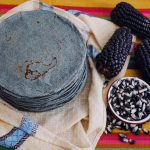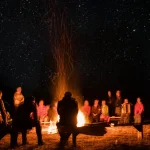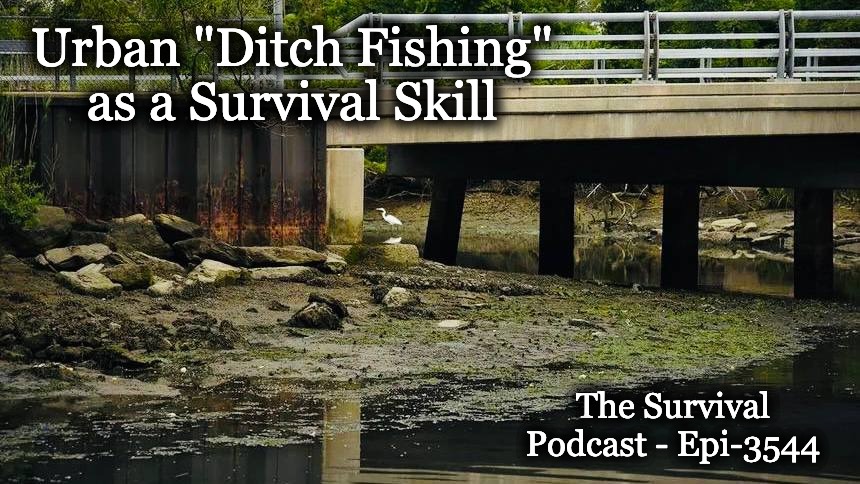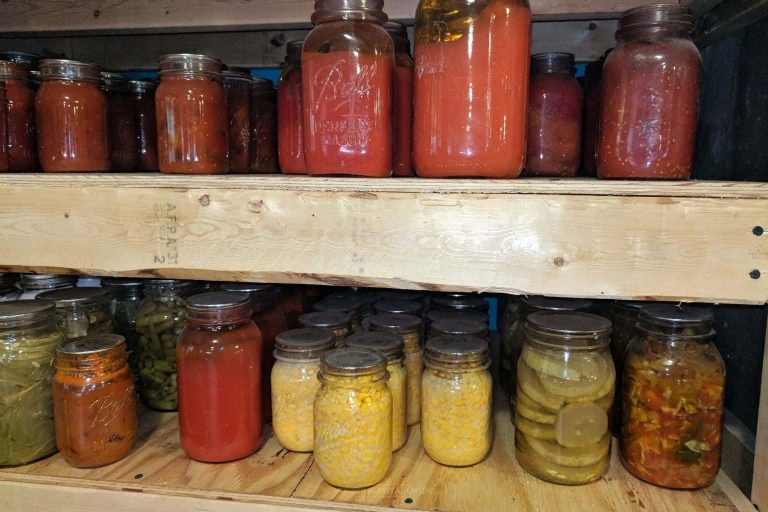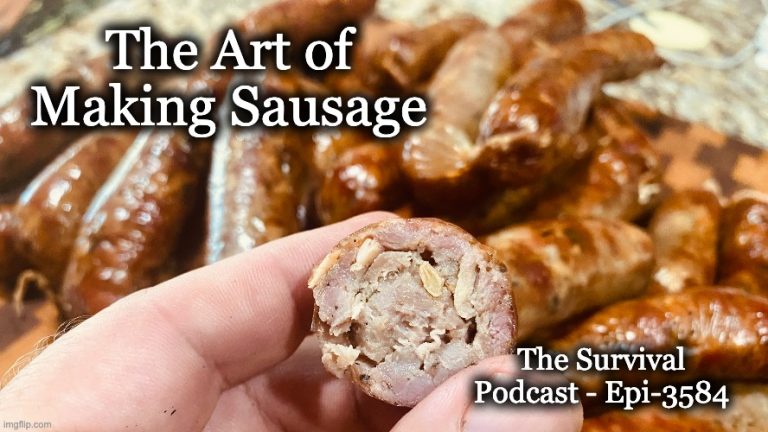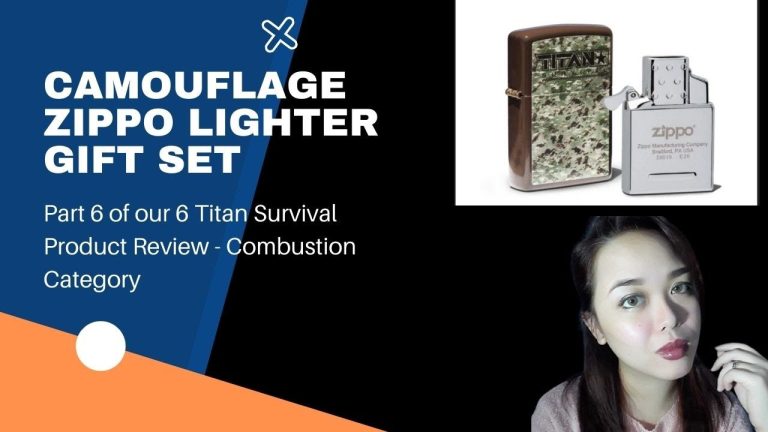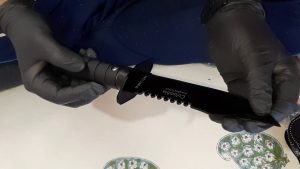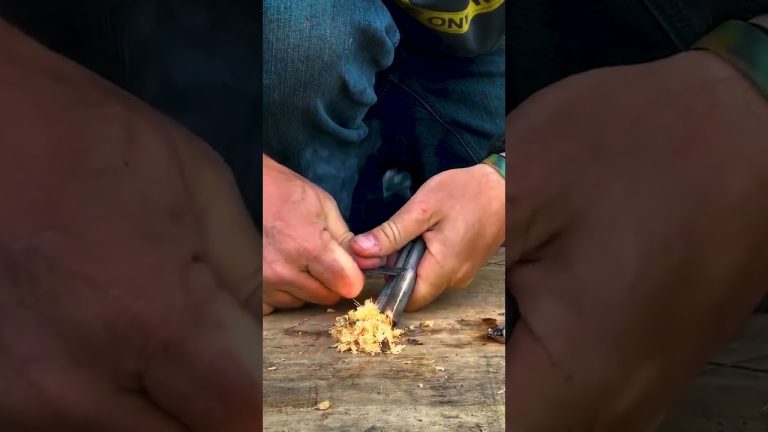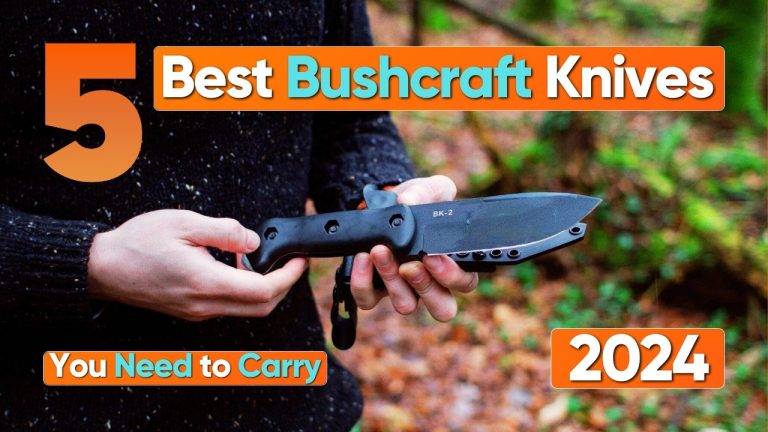Podcast: Play in new window | Download (Duration: 1:46:43 — 30.5MB)
When I say “ditch fishing” am a using a common term amount anglers who fish very small bodies of water in urban, suburban and even somewhat rural environments. While some really could be called actual ditches, most are more accurately small creeks and road crossings are ideal places to gain access to them.
This is a true survival skill, one practiced for a long as such small creeks have existed. It fed everyone from country boys, to poor kids like me in the 80s, and even the hobos of the 1860s-1950s. Today we look at this skill, how to find locations close to you, how to catch fish in them and more.
Join Me Today to Discuss…
- What is “ditch fishing” and why it isn’t always an actual “ditch”
- Why is this a survival skill
- Situational awareness
- Food close to home – thoughts on “pollution” – farm country is often worse then city areas
- Low tech environments
- Water and plants are resources to
- Forces improvisation and hacks
- Improves fishing skills over all
- You can’t spend money while you are doing it, not easily anyway
- How to find locations
- Just keep your eyes open when you drive around and look for parked vehicles
- Most bridges are there for a reason
- Use google maps and pre scout
- How to check locations out even if you don’t have time to fish them
- Look for garbage that shows people fish there, y-sticks, etc.
- Just look for fish period, you can often see them
- Look for water that is skinny then has a hole, then is skinny again
- The most common target species in most of the US – And yes get a license
- Bluegill, “perch”, pumkin seeds, etc. (sunfish)
- Black Bass, (largemouth, smallmouth, red eye, etc.)
- Catfish (especially bullheads)
- Chubs and carp
- In the deep south cichlids and other “invasives”
- Honestly you just never know, I have caught pickerel, gar, crappie, buffalo, drum, eel, etc.
- This is all a great case for “backyard aquaculture”
- The gear you need, should have and might want to have
- A basic “pocket kit” can be enough
- I like 1-2 light action spinning rods
- Lures specifically small jigs, spinners, tube baits, etc.
- Bait some of my favs include salted shrimp, worms, corn, Berkely Gulp, grasshoppers, crickets, minnows, cut bait
- Net or traps – check regs
- Hooks and weights of various sizes but I really like small circle hooks to help prevent bullheads swallowing baits, jig heads help with this too
- If keeping fish a basket or something like an onion bag, bucket, may be an air pump
- Knife, pliers and a rag
- Insect repellant
- Some things to consider when you find spots and try fishing them as to “good spots” and techniques
- Shade is your friend, you stay cool and cast no shadow
- Casting upstream USUALLY is better than down
- Overhanging brush, rocks, etc. are always good
- Holes usually have a shallow side and a deep side, fishing the “cut out” is often effective
- When water is low fish concentrate, when they concentrate they get hungry and feed competitively
- Culverts and such are always good bets
- When water that often connects to a creek gets cut off it can be really great to fish
- Final thoughts – Unless you literally live in a desert somewhere like this is close to where you live
Resources for today’s show…
Sponsors of the Day
Video Version of Today’s Show
Remember to comment, chime in and tell us your thoughts, this podcast is one man’s opinion, not a lecture or sermon.
Want all the Early TSP Episodes?
Remember in addition to discounts to over 80 vendors who supply stuff you are likely buying anyway, tons of free ebooks and video content, MSB Members also get every edition of The Survival Podcast ever produced in convenient zip files in blocks of 24. More info on the MSB can be found here.





